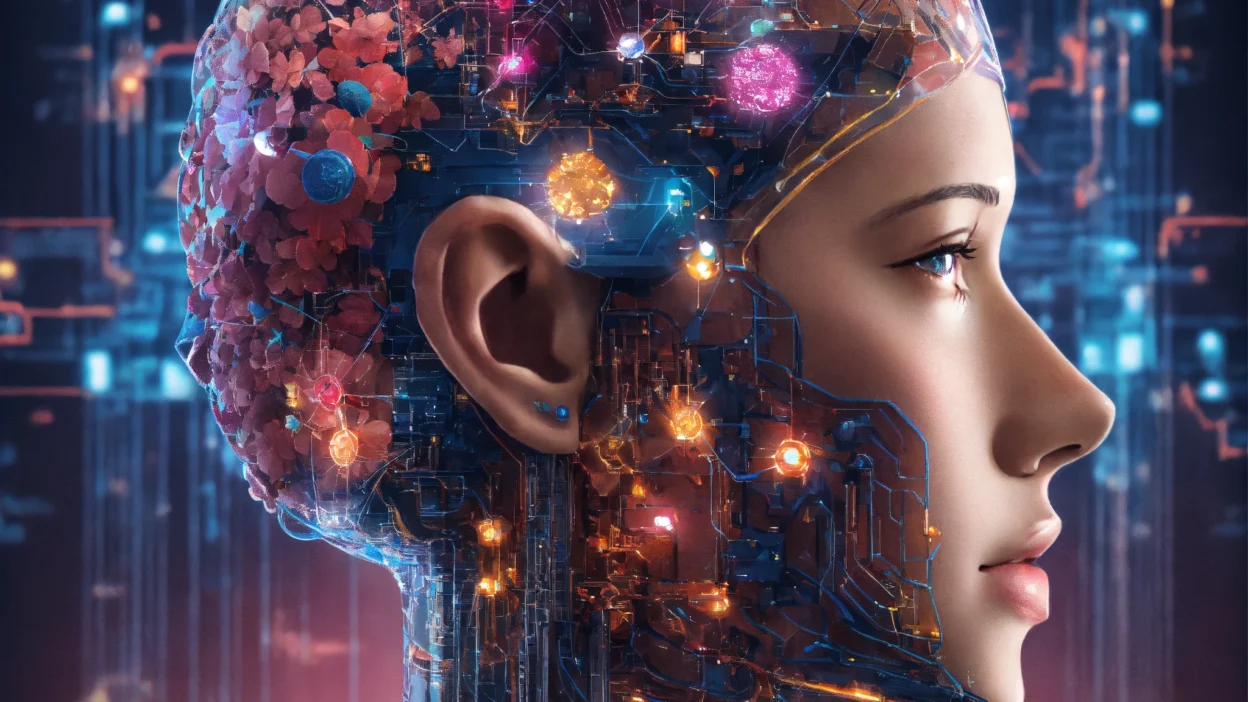AI in Mental Health: Transforming Diagnosis, Treatment, and Support
AI is revolutionizing mental health care by offering new solutions to improve diagnosis, treatment, and patient outcomes. As technology continues to evolve, AI tools have become an essential part of mental health practices, offering both healthcare providers and patients new ways to interact with and manage care. These tools are making it easier to deliver personalized services, which ultimately enhances treatment effectiveness.
Enhanced Diagnosis with AI
One significant advantage of AI is its ability to enhance diagnostic accuracy. For instance, machine learning algorithms can analyze vast amounts of data such as symptoms, genetic markers, and patient histories. By identifying patterns that might otherwise go unnoticed, AI allows for earlier and more precise diagnoses. This early detection is vital for providing the most effective care.
Moreover, AI provides healthcare professionals with valuable insights, helping them make more informed decisions about treatment plans. These insights enable clinicians to tailor interventions to individual patients, leading to better outcomes and reducing the risk of misdiagnosis. Therefore, AI plays a crucial role in improving both diagnostic and treatment processes.
AI-Powered Virtual Support Systems
In addition to diagnosis and treatment, AI has brought about significant advancements in virtual support systems. AI-powered chatbots and virtual assistants are available around the clock, offering immediate support, guidance, and resources. This continuous availability makes mental health care more accessible to those who might otherwise have difficulty seeking help.
Furthermore, these AI tools are vital for continuous monitoring. By tracking real-time data from wearables, smartphones, and online platforms, healthcare providers can observe changes in a patient’s mental health status. This allows for proactive interventions and adjustments to treatment plans when necessary.
Challenges and Ethical Considerations
Despite its potential, AI in mental health care comes with several challenges. For example, issues like data privacy, algorithm bias, and the risk of depersonalizing care must be carefully considered. Ensuring ethical practices in AI implementation is essential to avoid these pitfalls and maximize its benefits.
Conclusion: The Future of AI in Mental Health
As AI continues to develop, its role in mental health care will expand. The technology offers incredible opportunities to improve diagnosis, treatment, and patient support. However, to fully harness AI’s potential, healthcare providers must address challenges and implement ethical guidelines. By doing so, they can ensure that AI serves as a valuable tool for enhancing mental health care.
AI in Mental Health: some trusted resources
Here are some trusted resources related to AI in mental health:
-
National Institute of Mental Health (NIMH) – www.nimh.nih.gov
Reliable information on mental health research and AI applications. -
World Health Organization (WHO) – www.who.int
Global insights on mental health and digital tools. -
MIT Technology Review – www.technologyreview.com
Articles on how AI is transforming mental health care. -
American Psychological Association (APA) – www.apa.org
Resources on AI in mental health and therapy. -
The Lancet Psychiatry – www.thelancet.com/journals/lanpsy
Research on AI’s role in mental health. -
Journal of Medical Internet Research (JMIR) – www.jmir.org
Studies on AI-driven mental health solutions. -
Psychiatric Times – www.psychiatrictimes.com
Expert articles on AI in mental health diagnosis and treatment.





